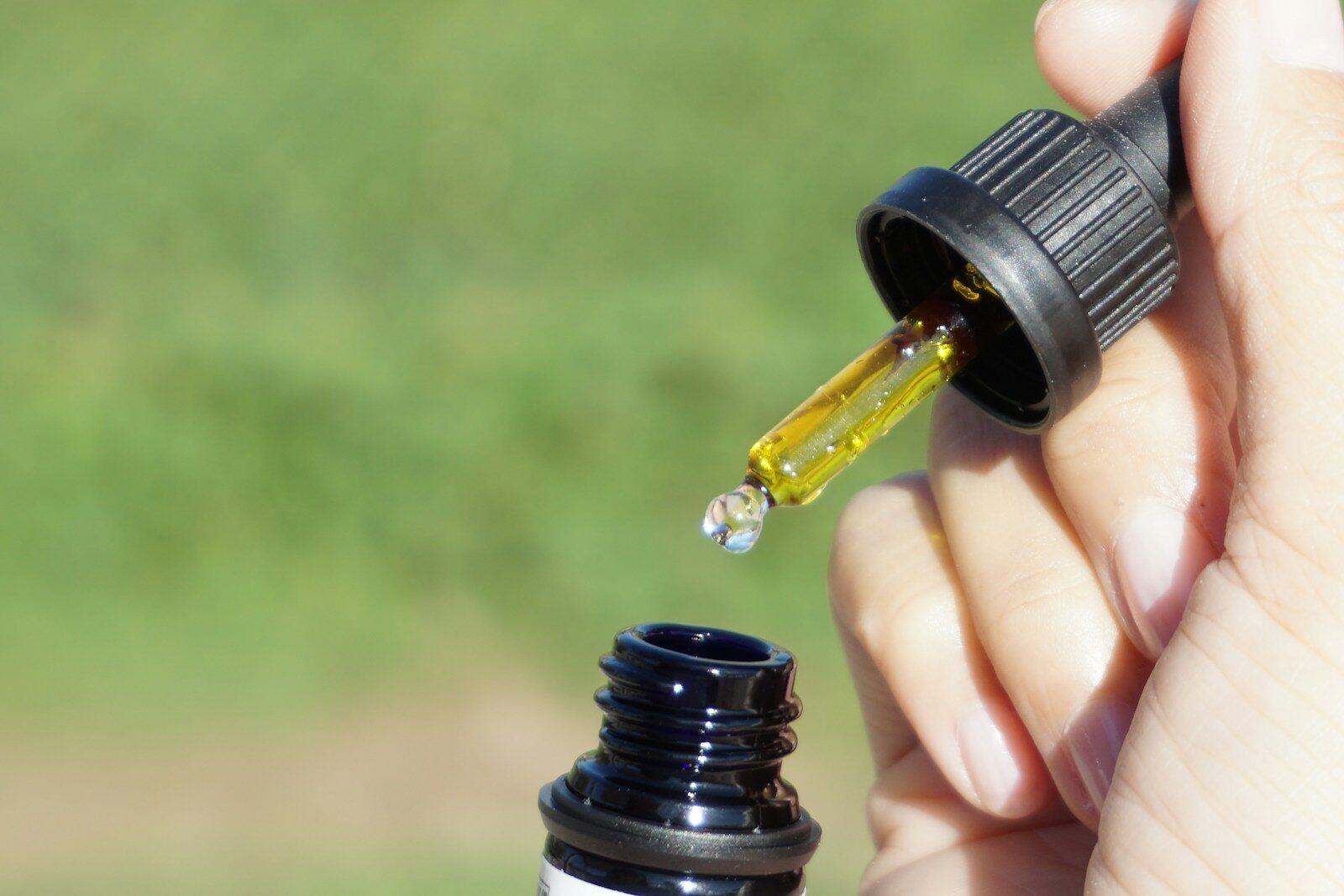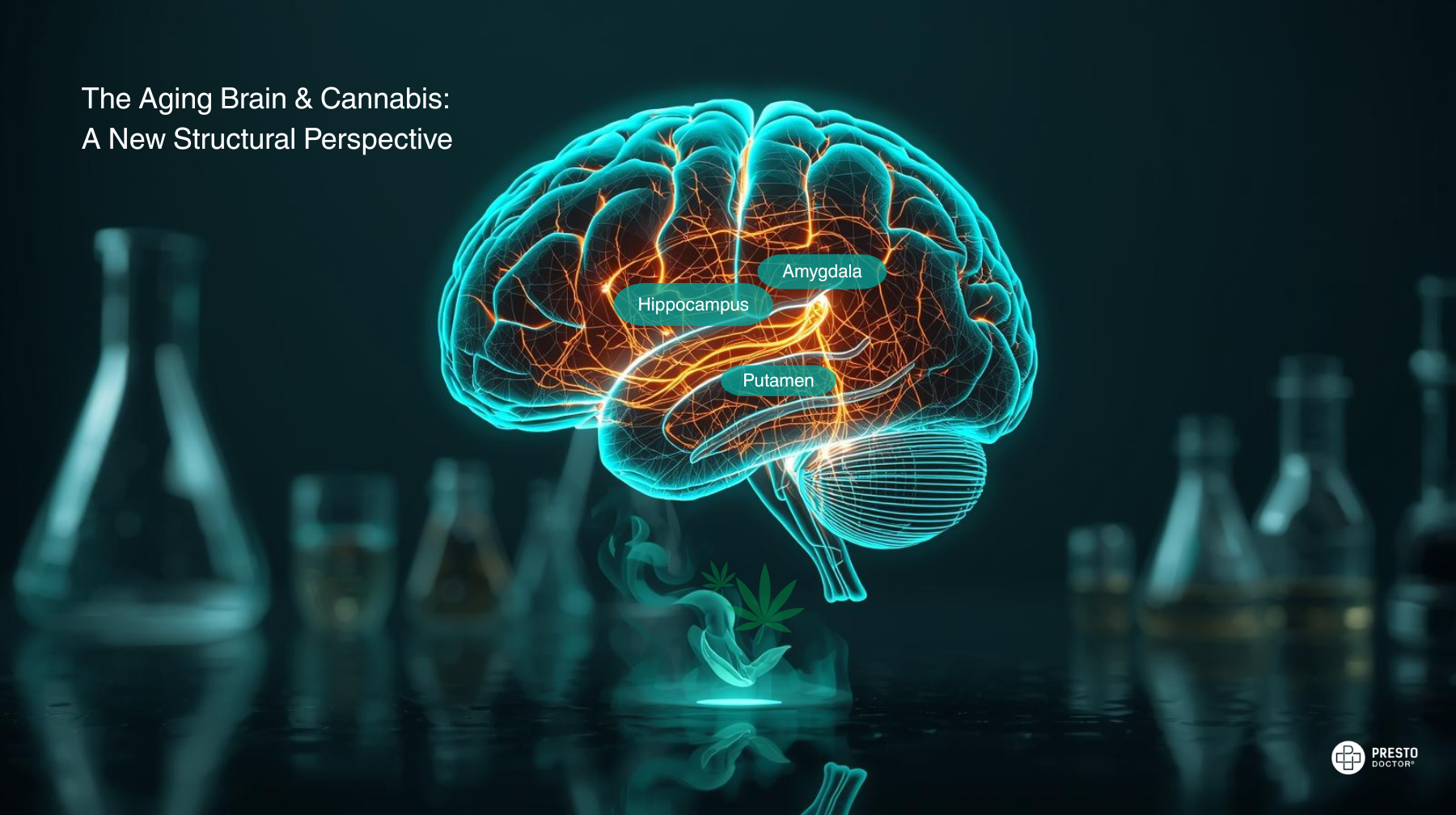
Bone fractures and breaks are painful and typically take a long time to heal. While most people rely on traditional medicine such as painkillers or surgery to help heal their fractures, there is a new and exciting alternative to consider. Recent research suggests that the use of cannabinoids may promote bone regeneration and speed up the recovery process. This post will explore the science behind how cannabinoids work to promote bone growth, the different types of cannabinoids and their benefits, and how these natural compounds can be used to treat various bone-related conditions.
Cannabinoids And Their Potential Benefits
Cannabinoids interact with the body’s endocannabinoid system, a complex network of receptors and signaling molecules found throughout the body. This system plays a crucial role in regulating various physiological processes. This includes pain sensation, immune response, appetite, mood, and even bone health.
In recent studies, researchers have discovered that certain cannabinoids, such as cannabidiol (CBD) and cannabigerol (CBG), have the potential to promote bone regeneration. Bone regeneration is a complex process that involves the formation of new bone tissue to replace damaged or lost bone. This process is crucial for maintaining skeletal integrity and repairing fractures.
The potential of cannabinoids to promote bone regeneration stems from their interaction with specific receptors in the endocannabinoid system. These receptors, known as CB1 and CB2 receptors, are found in high concentrations in bone cells. When cannabinoids bind to these receptors, they can modulate bone cell activity and promote the formation of new bone tissue.
Moreover, cannabinoids have shown anti-inflammatory and analgesic properties, which can further aid in the healing process of bone fractures. Inflammation is a natural response to injury, but excessive inflammation can impede the healing process. By reducing inflammation, cannabinoids can potentially accelerate the recovery of bone fractures and enhance bone regeneration.
Understanding Bone Regeneration And Its Importance
Bone regeneration is the intricate process by which new bone tissue is formed to replace damaged or lost bone. It plays a vital role in maintaining skeletal integrity, repairing fractures, and supporting overall bone health. This process involves a complex interplay of cellular and molecular mechanisms, orchestrated by various growth factors, signaling molecules, and immune cells.
The importance of bone regeneration cannot be overstated. It is essential for maintaining bone strength, preventing fractures, and facilitating the healing of bone injuries. Additionally, bone regeneration is crucial in conditions such as osteoporosis. In osteoporosis, the loss of bone mass and density increases the risk of fractures and compromises overall skeletal health.
Research has shown that cannabinoids, particularly cannabidiol (CBD) and tetrahydrocannabinol (THC), can influence bone formation and remodeling. These compounds have been found to stimulate osteoblast activity, which are the cells responsible for bone formation. Additionally, cannabinoids have demonstrated anti-inflammatory properties, which can be beneficial in reducing inflammation and promoting the healing process.
Moreover, cannabinoids have been shown to enhance the differentiation of mesenchymal stem cells into osteoblasts, further contributing to bone regeneration. These findings suggest that cannabinoids have the potential to not only promote bone healing but also potentially aid in the treatment of conditions such as osteoporosis and bone fractures.
However, more research is necessary to understand how cannabinoids promote bone regeneration and to determine their optimal therapeutic applications. Nonetheless, the existing evidence highlights the exciting potential of cannabinoids in unlocking new treatment avenues for bone-related conditions.
The Role Of The Endocannabinoid System In Bone Health
The endocannabinoid system is a complex network of receptors and signaling molecules. It plays a crucial role in maintaining overall health and homeostasis within the body. Surprisingly, recent research has uncovered its involvement in bone health and regeneration.
The endocannabinoid system is composed of cannabinoid receptors, endocannabinoids produced naturally by the body, and enzymes responsible for their synthesis and degradation. Two primary receptors, CB1 and CB2, are found throughout the body, including in the skeletal system.
Studies have revealed that CB1 receptors are present in bone cells, such as osteoblasts and osteoclasts, which are responsible for bone formation and remodeling, respectively. Activation of CB1 receptors show stimulation of bone formation and reducution of bone loss.
On the other hand, CB2 receptors are predominantly located in immune cells, including those involved in bone inflammation and healing. Activation of CB2 receptors has been linked to the suppression of inflammatory responses and the promotion of bone repair and regeneration.
Moreover, endocannabinoids, such as anandamide and 2-arachidonoylglycerol (2-AG), have been detected in bone tissue and shown to regulate bone cell activity. These endocannabinoids act as signaling molecules, binding to cannabinoid receptors and influencing bone cell function.
The interaction between the endocannabinoid system and bone health is also has support from preclinical studies. Animal models deficient in CB1 or CB2 receptors have exhibited impaired bone formation, increased bone loss, and delayed fracture healing.
Furthermore, studies utilizing synthetic cannabinoids or plant-derived cannabinoids, such as cannabidiol (CBD) and tetrahydrocannabinol (THC), have shown promising results in promoting bone healing and regeneration. Findings show these cannabinoids can help modulate bone cell activity, reduce inflammation, and enhance the production of bone-building proteins.
Research Studies On Cannabinoids And Bone Regeneration
In recent years, scientists and medical researchers have been exploring the relationship between cannabinoids and bone health. Numerous studies have been underway to investigate the effects of cannabinoids on bone regeneration. The results are quite intriguing.
One study published in the Journal of Bone and Mineral Research found that cannabinoids, specifically cannabidiol (CBD), can enhance the healing process of fractured bones. The study revealed that CBD stimulated the formation of new bone tissue, leading to faster and more efficient bone healing.
Another study conducted by researchers at Tel Aviv University in Israel explored the effects of CBD on bone formation and healing in rats with broken femurs. The results showed that CBD significantly improved the healing process, promoting the regeneration of bone tissue and enhancing fracture healing.
Furthermore, research has also highlighted the role of cannabinoids in preventing age-related bone loss. A study published in the Journal of Cellular Biochemistry demonstrated that CBD can enhance bone density and strength. This can potentially reduce the risk of osteoporosis and fractures in aging individuals.
These studies, among others, provide valuable insights into the potential of cannabinoids as a therapeutic tool for promoting bone regeneration and maintaining bone health. However, further research is still necessary to fully understand these effects and to determine the optimal dosage and administration methods for maximum efficacy.
In conclusion, the research studies conducted thus far strongly suggest that cannabinoids, particularly CBD, have the potential to promote bone regeneration and improve bone health. Cannabinoids could potentially revolutionize the field of bone healing and provide new avenues for treating bone-related disorders and injuries.
Benefits Of CBD In Promoting Bone Growth And Healing
CBD, short for cannabidiol, has gained significant attention in recent years for its potential health benefits. One area where CBD shows promise is in promoting bone growth and healing.
One of the key ways CBD promotes bone growth is by stimulating the production of osteoblasts, the cells responsible for bone formation. Studies have shown that CBD can enhance the activity of these cells, leading to increased bone density and strength.
Furthermore, CBD has anti-inflammatory properties, which can be beneficial for bone healing. Inflammation is a natural response to injury, but when it becomes excessive or prolonged, it can hinder the healing process. CBD’s ability to reduce inflammation can help facilitate the repair and regeneration of bone tissue.
Moreover, findings report CBD has can modulate the balance between bone formation and resorption. It can inhibit the activity of osteoclasts, the cells responsible for breaking down old bone tissue. This can prevent excessive bone loss and help maintain bone density.
In addition to these direct effects on bone cells, CBD has analgesic properties. This can provide relief from pain associated with bone fractures or injuries. By reducing pain, CBD can improve the overall healing experience and promote a faster recovery.
Exploring The Role Of THC In Bone Regeneration
When it comes to exploring the potential of cannabinoids in promoting bone regeneration, one significant interest is THC (tetrahydrocannabinol). THC is responsible for the euphoric effects of cannabis. However, recent research has shed light on its potential role in bone healing and regeneration.
One of the key findings is that THC can stimulate the differentiation of mesenchymal stem cells (MSCs) into osteoblasts. Osteoblasts are responsible for bone formation. This means that THC has the potential to enhance the production of new bone tissue, aiding in the healing of fractures and bone defects. Additionally, findings show THC can suppress the activity of osteoclasts. Osteoclasts are cells that break down bone tissue, thereby promoting a balanced bone remodeling process.
Furthermore, THC has demonstrated anti-inflammatory properties, which can be beneficial in the context of bone regeneration. Inflammation is a natural response to injury or trauma, but when it becomes excessive or chronic, it can impede the healing process. THC’s ability to modulate inflammatory responses may help reduce inflammation at the site of injury. Thus, creating a more favorable environment for bone regeneration.
The Potential Of Other Cannabinoids In Bone Health
Another cannabinoid that shows potential in supporting bone health is CBG (cannabigerol). CBG is a minor cannabinoid, but research indicates that it may have anti-inflammatory properties. This could help in reducing bone inflammation and pain associated with conditions like osteoporosis and arthritis. Additionally, CBG may stimulate the growth of new bone cells, which could be beneficial for promoting bone regeneration and healing fractures.
Furthermore, other lesser-known cannabinoids like CBC (cannabichromene) and CBN (cannabinol) have also shown promise in bone health. CBC has anti-inflammatory and analgesic effects, potentially aiding in the management of bone-related pain and inflammation. CBN, on the other hand, may help in enhancing the differentiation of bone-forming cells, thus contributing to bone regeneration.
These cannabinoids, in combination with CBD, could potentially offer a comprehensive approach to promoting bone regeneration and overall bone health.
The Future Of Cannabinoids In Bone Regeneration Research
In conclusion, the future of cannabinoids in bone regeneration research holds immense promise and potential. The evidence gathered from various studies showcases the positive effects of cannabinoids in promoting bone growth and regeneration. With their ability to stimulate osteoblast activity, inhibit osteoclast formation, and regulate bone remodeling, cannabinoids have emerged as a fascinating avenue for advancing regenerative medicine.
Nonetheless, the findings thus far are encouraging and suggest that cannabinoids could revolutionize the field of bone regeneration. They offer a natural and potentially effective alternative to traditional treatments and therapies for bone-related conditions such as fractures, osteoporosis, and osteoarthritis.
As researchers continue to delve into the intricate relationship between cannabinoids and bone health, it is imperative to maintain an open mind and pursue further investigations. Through collaborative efforts between scientists, medical professionals, and regulatory bodies, we can unlock the full potential of cannabinoids in promoting bone regeneration and pave the way for innovative treatments that enhance the quality of life for millions of individuals worldwide.
In conclusion, the future of cannabinoids in bone regeneration research is bright, and it holds the key to unlocking new possibilities in regenerative medicine, providing hope for those suffering from bone-related ailments and injuries.






